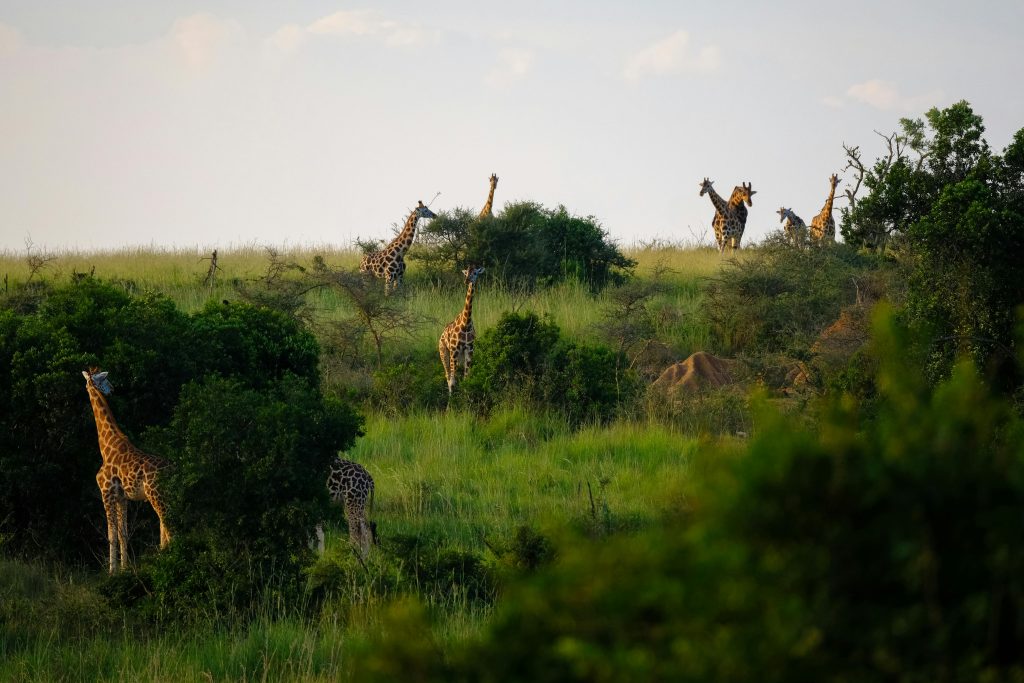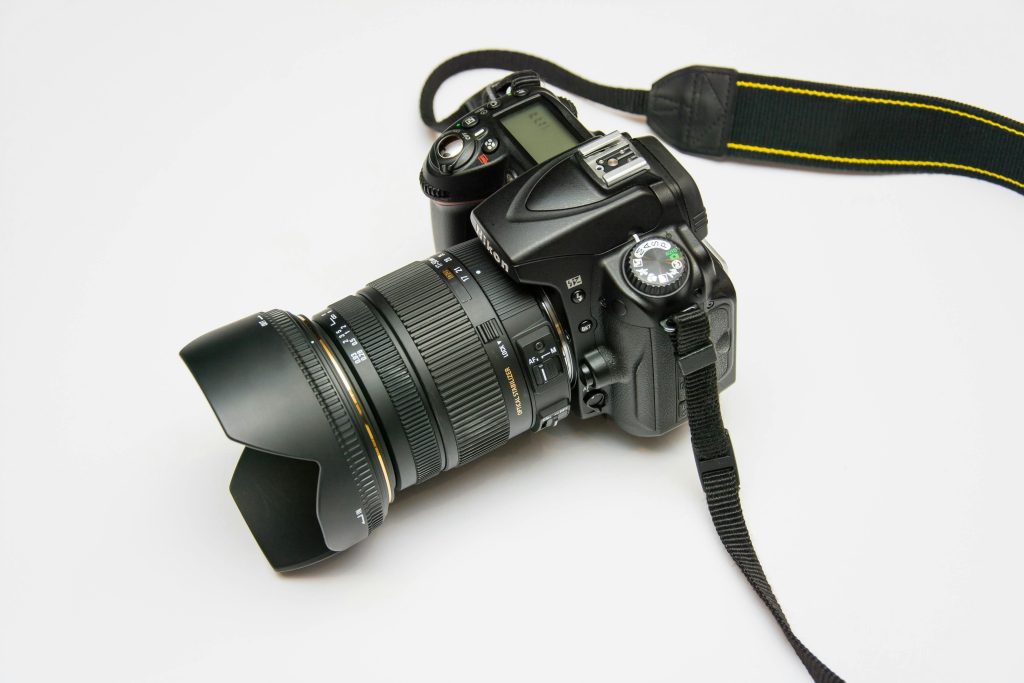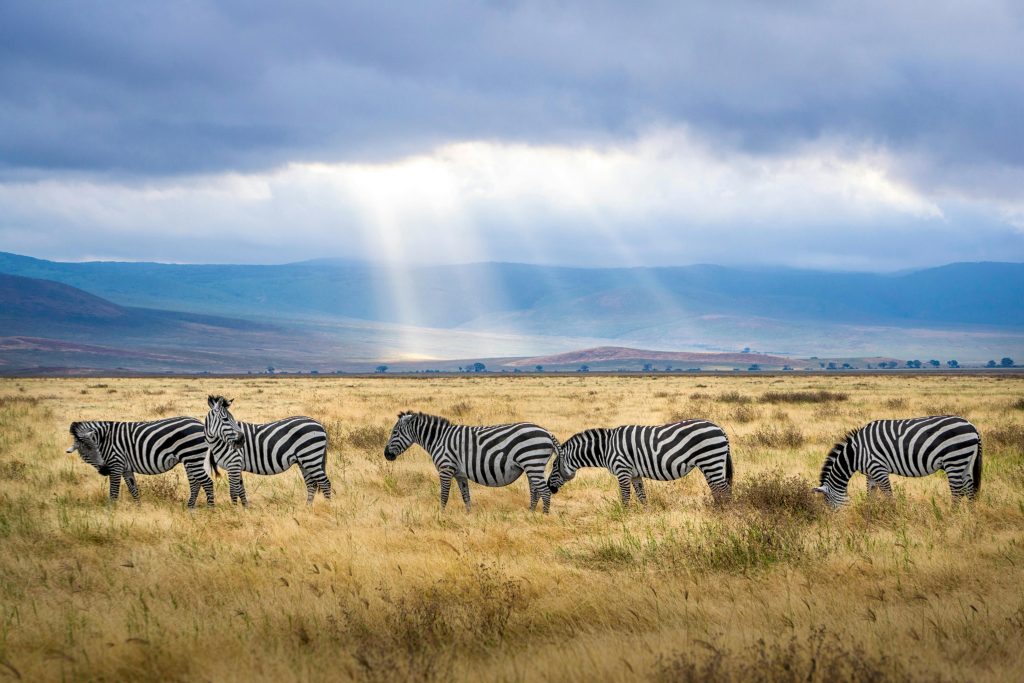
Setting off on a journey to Africa will need more than just your desire to travel. An African adventure is an expedition into diverse ecosystems that requires thorough preparation as well as respect.
Maintaining your health while on travel in Africa is vital so you can fully experience Africa with peace of mind.
So before embarking on your African adventure, ask yourself, ‘Are all the necessary precautions considered and prepared for to ensure a safe trip?’.
Key Takeaways
- Prepare well – this will improve your travel and health safety.
- Pack smart to ensure a more comfortable and worry-free experience.
- Stay informed about health and environmental risks in Africa.
Planning a Trip to Africa?
Check Out These Helpful Services:
Find the best flight deals
This is the site I recommend, you can check all the different prices.
Best accommodation prices
I highly recommend this one, it’s the best option right now for Africa.
The best way to get around is by car
Check out this site to rent a car and go at your own pace.
Planning Your Safari Itinerary
In planning your African safari, it is crucial to consider the season, health preparations, and the structure of your daily activities to maximize your experience.
Choosing the Right Season and Destination
The time of the year you visit Africa has a major impact on your safari experience.
The dryer months from July to October are great for visiting the region of East Africa, particularly in Tanzania and Kenya to see wildlife as they gather around water sources.
July to October is also when the Great Migration in the Serengeti takes place and this is a spectacle not to be missed.
November to May is the rainy season which can offer lush landscapes and fewer tourists but the wet conditions can be more challenging.
Dry Season: July – October
- Pros: Excellent wildlife viewing and The Great Migration in Tanzania should not be missed.
- Cons: Peak season so expect it to be crowded
Rainy Season: November – May
- Pros: Lush scenery with fewer tourists
- Cons: Some areas may be inaccessible due to the weather.
Designing a Sensible Schedule: Time Allocation and Activities
Create a balanced schedule that allows enough time to travel between locations and rest, maximizing your ability to engage with the environment and wildlife.
Work with reputable tour operators to ensure a well-paced itinerary (there are many bogus tour operators so watch out!).
Plan for early morning and late afternoon activities when the wildlife is most active and avoid over-scheduling to prevent burnout.
Sample Daily Schedule:
- Morning: Wildlife drive
- Midday: Rest and lunch
- Afternoon: Guided walk or cultural visit
- Evening: Leisure and overnight rest
📖 Recommended Reading: If you’re looking for more useful information, check out Wildebeest Migration: All-Inclusive African Safaris
Advice on Packing Essentials and Luggage
Selecting the right items and preparing your luggage logistics is so important to have the most comfortable and hassle-free experience possible.
Essential Clothing for Diverse Climates
Be sure to pack safari clothes that are versatile and suitable for Africa’s diverse climates.
Lightweight, breathable fabrics are recommended during the day to withstand the heat. Be sure to include long-sleeved clothing to protect against mosquitoes as well as the sun.
Pack a warm jacket as temperatures can drop at night. Consider the following items:
- Light, breathable shirts
- Comfortable trousers or convertible pants
- A wide-brimmed hat for sun protection
- A sturdy, warm jacket for cooler evenings
- Quality socks and a good pair of hiking shoes
IMPORTANT: Do not underestimate the African climate, especially during the summer months.

The Importance of a Good Pair of Binoculars and Camera Gear
Having a good pair of binoculars is important for spotting wildlife on safaris.
Try to go for a lightweight and durable pair that has fairly strong magnification for the best wildlife spotting.
Your camera gear is equally important.
Robust bags or covers are recommended to protect your gear when on African safaris which can get very dusty.
Carry a telephoto lens for distant shots, and don’t forget extra memory cards.
To keep your hands free while trekking, a backpack or daypack is advisable to store these items safely.
Managing Luggage Constraints and Weight Restrictions
A good tip is to pack smart as African airlines enforce strict weight restrictions for luggage.
To make the most of your space while keeping luggage weight low, use a lightweight suitcase or duffel.
Multipurpose clothing and gear should be a priority in order to minimize weight. Here’s a quick guideline:
- Always check restrictions on luggage weight and dimensions for airlines.
- Use a scale to weigh your bags before departing.
- Prioritize versatile items that serve multiple purposes.
- To save space and weight, pack travel-size toiletries
Health and Safety Considerations
It’s crucial to prioritize your health and safety and plan your preparation well before you set off on an African adventure. Protecting yourself from diseases and ensuring you’re vaccinated as well as understanding how to safely interact with wildlife are important considerations.
Preventing Malaria and Other Diseases: Prophylactics and Insect Repellent
Malaria is a major health risk all across Africa and to safeguard against malaria and other vector-borne diseases, you should:
- Use insect repellent containing DEET or Picaridin.
- Sleep under an insecticide-treated net.
- Consider taking antimalarial prophylactics; consult with a healthcare provider for the best option tailored to your travel plans.
Get The Required Vaccines
Your first line of defense against various infectious diseases are vaccines. Here are some vaccinations to consider when traveling to Africa:
- A Yellow Fever vaccination, which is mandatory for entry into some African countries.
- Routine vaccines, such as measles-mumps-rubella (MMR), diphtheria-tetanus-pertussis, varicella (chickenpox), and your yearly flu shot.
- Discuss potential Hepatitis A and Typhoid vaccines with your healthcare provider as these are diseases transmitted through contaminated food or water.
- A Polio booster shot.

Wildlife Encounters: Staying Safe on Game Drives and Walks
Experiencing the wildlife is a major highlight of any African safari, but it also comes with risks. To stay safe, you should:
- Always listen to and follow your safari guide’s instructions.
- Remain inside the vehicle during game drives, unless directed otherwise by the guide.
During bush walks:
- Stay alert and keep a safe distance from animals.
- Never attempt to feed or approach wildlife, as this can trigger dangerous behavior.
Access to Medical Resources and First Aid
While in remote areas of Africa, medical facilities may be scarce. It’s essential to:
- Carry a comprehensive first aid kit with supplies such as bandages, antiseptics, pain relievers, and medications for common ailments.
- Ensure you know how to use all the items in your medical kit.
- Identify the nearest medical facilities to your destination in advance.
- Consider travel insurance that includes medical evacuation coverage.
Essential Travel Resources
❗Don’t forget travel insurance
This company is the one I trust, it’s one of the most essential things for any trip. It has your back in case you get sick abroad, or have an accident.
🎒Pack smarter, not bulky
Check out this vacation packing list, including all the essentials you need to pack when traveling, from travel clothing to backpacks and more.
🏡Where to Stay – Here are Suggestions
This is my favorite place to look for accommodations, it offers different types, a ton of locations, and good price options.
🗺️Get Around Hassle-Free
This one is the perfect option to look for different transportation options between cities, from flights, buses, and taxis to minivans and more.
🛫Find Cheap Flights
Whenever I need to fly, I head to this website for low-cost flights.
Making the Most of Your Safari Experience
Your African safari is an opportunity to immerse yourself in the raw beauty of nature and diverse cultures. To maximize this experience, focus not just on the sights but also on engaging with the environment and local norms responsibly.
Capturing Memories: Photography and Journaling Tips
Documenting your safari through photography is essential.
To avoid running out of space when capturing safari wildlife moments be sure that you have enough memory cards.
For the avid bird-watcher, East Africa offers a plethora of birding opportunities, so a zoom lens could help capture those at a distance. Meanwhile, journaling allows you to reflect on and record your experiences in more depth.
Keep a small, durable notebook and a pen handy to jot down thoughts during breaks in your game drives.
- Camera preparation: Have extra batteries, lens cleaner, and protect your gear from dust.
- Journaling: Pen your thoughts right after a game drive when the memories are fresh.
Cultural Sensitivity and Environmental Responsibility
When you are on a safari, it is important to respect the local culture and environment.
Learn a few basic phrases if you’re visiting communities to show respect.
Be mindful of the rules during game drives and walking safaris to minimize your impact on the wildlife and their habitats.
Remember that the journey is as much about the animals you see as it is about the legacy you leave behind.
- Local interactions: Greet with “Jambo” in East Africa, and always ask before taking photos of people.
- Eco-conscious travel: Stick to paths, take nothing but photos, and use reusable water bottles.
Budgeting for Additional Expenses: Tipping, Souvenirs, and Extra Activities
Understand that your initial safari package may not cover everything.
Tipping guides and staff is customary, so allocate funds for this.
Additionally, you might want to bring back souvenirs or partake in extra activities like a sundowner.
Planning your finances beforehand will help avoid any surprises.
- Tips: Prepare small bills for tipping; a general guide is $10-20 per day for guides and half that for staff.
- Souvenirs: Buy locally-made items to support the community, and be aware of customs regulations when bringing items home.
Final Thoughts
Traveling to Africa is no walk in the park. Do not underestimate the climate and the environment at all costs. Before departing ensure that all your bases are covered:
- Vaccinations: Confirm they’re up-to-date.
- Medications: Pack enough for your journey.
- Hygiene: Carry hand sanitizer and wet wipes.
- Insurance: Secure comprehensive travel insurance.
Stay vigilant about your health and enjoy your African adventure safely!
Disclosure: This blog post may contain affiliate links, which means that I may receive a commission for any purchases made through the links. Your trust is important to us, and we ensure that all products or services we recommend meet or exceed our editorial standards.
Last Updated on March 14, 2024
The post Preparing for Your African Adventure: Essential Health Tips for Safe Travel appeared first on Travel Experta - Travel, Lifestyle, Freedom.
------------------------------------------
By: Waisale Naqiolevu
Title: Preparing for Your African Adventure: Essential Health Tips for Safe Travel
Sourced From: travelexperta.com/african-adventure-essential-health-tips-for-safe-travel/
Published Date: Thu, 14 Mar 2024 19:54:52 +0000
Did you miss our previous article...
https://consumernewsnetwork.com/travel-news/icelandic-backpacking-adventures-unveiling-their-mystique






